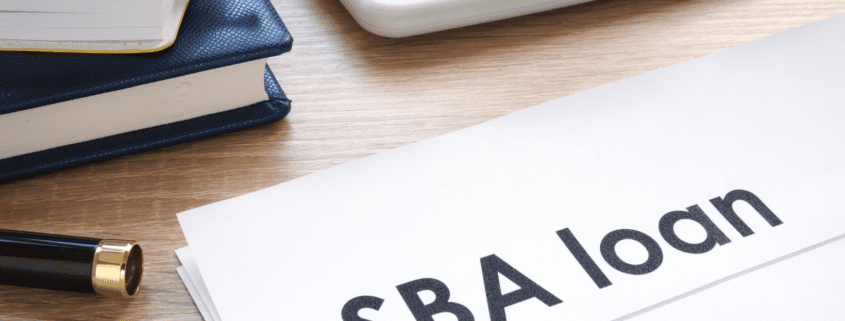SBA Loan Forgiveness Denial Appeal Process
During the COVID-19 pandemic, the Small Business Administration (SBA) doled out Payment Protection Program (PPP) loans to qualified businesses. Over the course of the program, SBA granted over $809 billion in loans.
SBA is currently processing loan forgiveness and loan denials. Businesses that meet SBA PPP loan forgiveness terms are eligible for forgiveness of their PPP loans.
SBA PPP Loan forgiveness is only eligible for businesses if they used the loan accordingly:
- “Employee and compensation levels are maintained,
- The loan proceeds are spent on payroll costs and other eligible expenses, and
- At least 60% of the proceeds are spent on payroll costs.”
However, if a business fails to meet the forgiveness criteria, they are responsible for payment in full of the total loan amount.
If your business applies for PPP loan forgiveness and it is denied, you have 30 days to appeal the denial. This deadline is unwavering, and appeals submitted after 30 days are not eligible, and your business will be responsible for paying back the loan amount in full.
The agency is also selective on who can defend your business during an appeals process. The only people who can represent your business are:
- An attorney
- The owner
- A company officer
* A CPA cannot defend you nor can they appeal your forgiveness denial.
What are the Different Types of Appeals?
The Office of Hearings and Appeals (OHA) has jurisdiction over SBA PPP loans. When they deny a loan forgiveness application, it’s due to the following:
- The business is not eligible for the PPP loan
- The business is not eligible for the PPP loan amount received;
- The business used the loan proceeds for unauthorized expenses;
- The business is not eligible for the PPP loan forgiveness amount determined by the lender in its full or partial approval decision issued to SBA; or
- The business is not eligible for PPP loan forgiveness when the lender has issued a full denial decision to SBA.
Loan Forgiveness Denial Appeal Process
If your business receives an SBA PPP Loan denial decision letter, act quickly.
The following steps are a guide for what to do if your business receives a letter of denial.
- Review “Final SBA Loan Review Decision Letter”
- Confirm your deadline to appeal the SBA decision
- Gather your documents and facts to identify issues to raise in your appeal
- We strongly recommend retaining a trusted attorney to represent your company because they will prepare, file, and defend your formal appeal.
- Review SBA’s prior legal decisions & rulings
- Draft your Appeal (max 20 pages) and include exhibits (your evidence) and SBA’s Final Loan Review Decision Letter
- You must include your legal arguments, facts, and legal authority to support your position to show SBA’s denial was “clearly erroneous” (there are additional requirements – see SBA’s website)
- The appeal must also include a copy of the SBA loan review decision being appealed, a statement as to why the denial is erroneous, and the contact information of the business and/or the business’s attorney.
- Create an online account at appeals.sba.gov
- Answer all questions truthfully and completely when responding to SBA’s online questionnaire.
- Identify a legal representative for your business to handle the SBA Appeal.
- Upload your appeal, exhibits, and SBA Final Decision Letter.
- Wait for the final decision.
For more resources on how to appeal an SBA PPP forgiveness denial, read our article, here. Keep in mind that partnering with an attorney, like our team here at Milikowsky Tax Law, can help save your business from potential mistakes.




